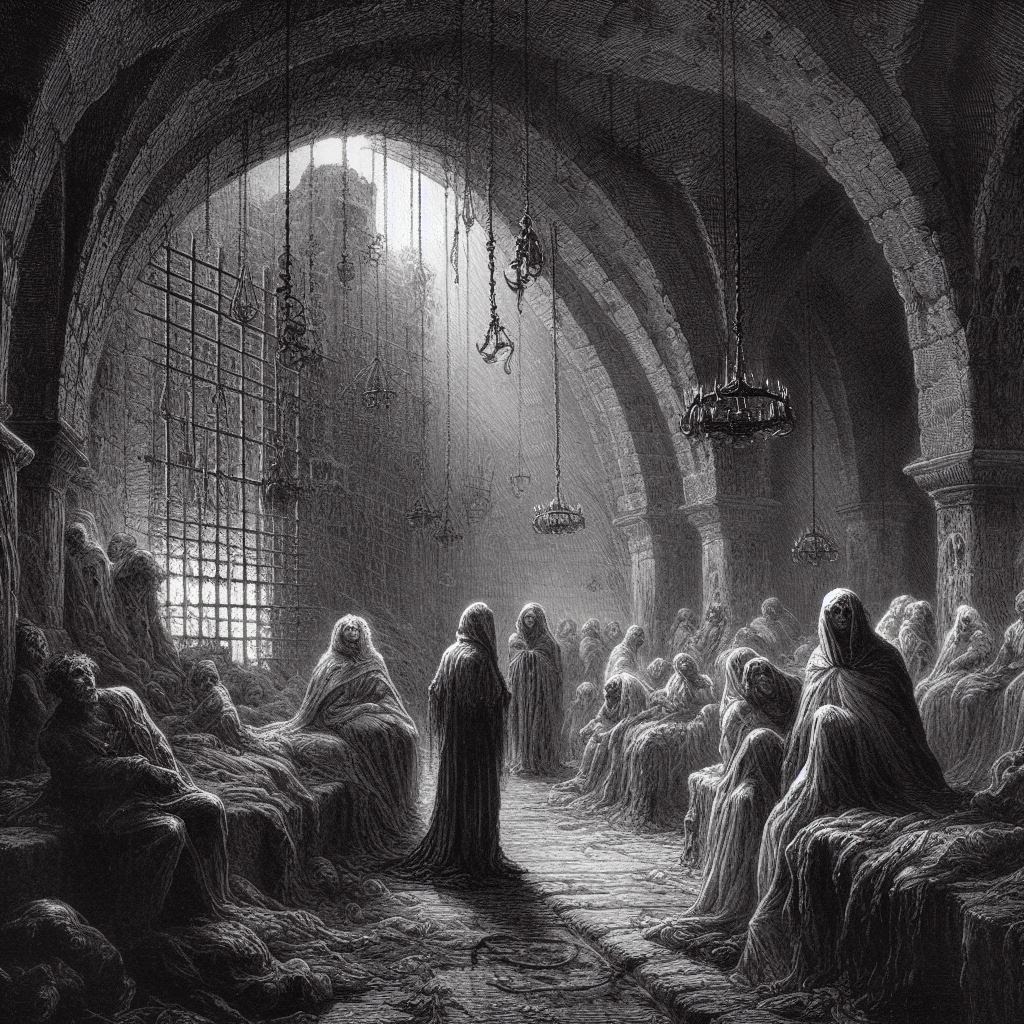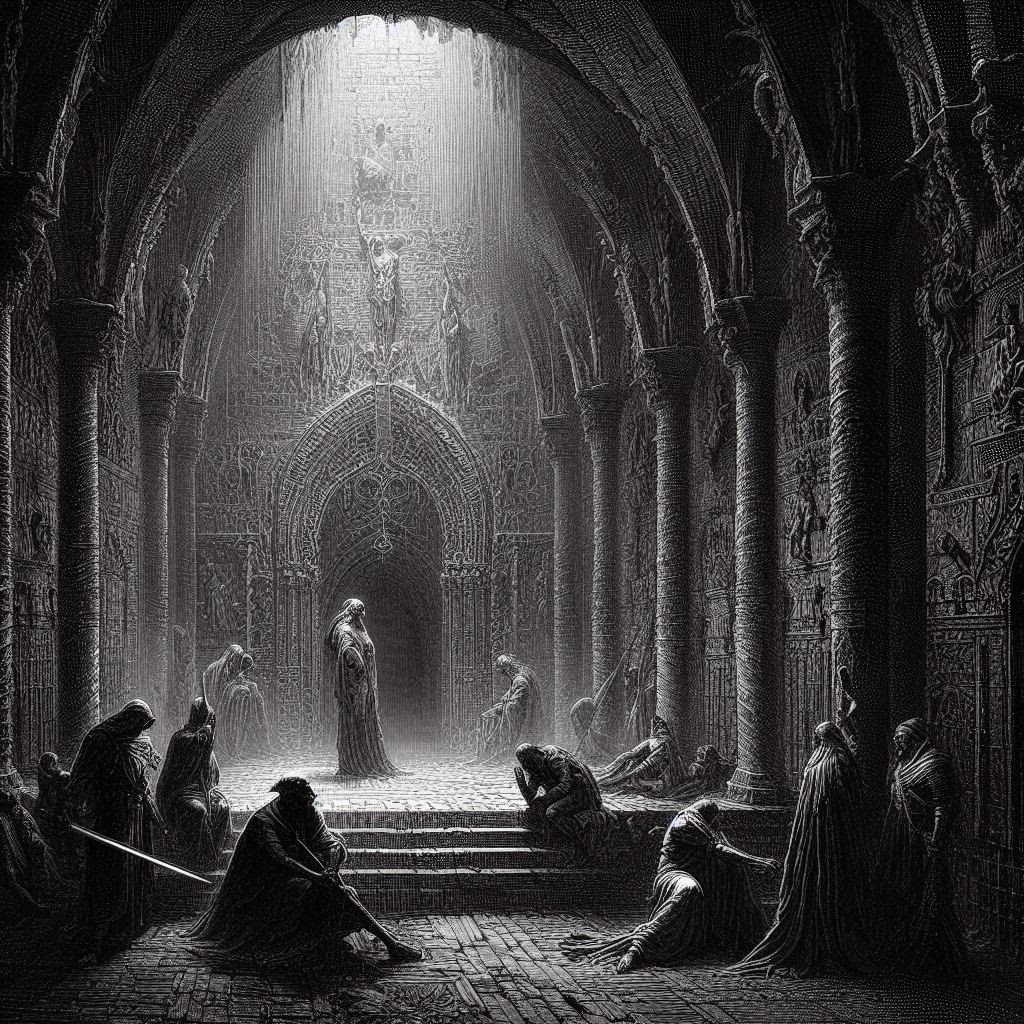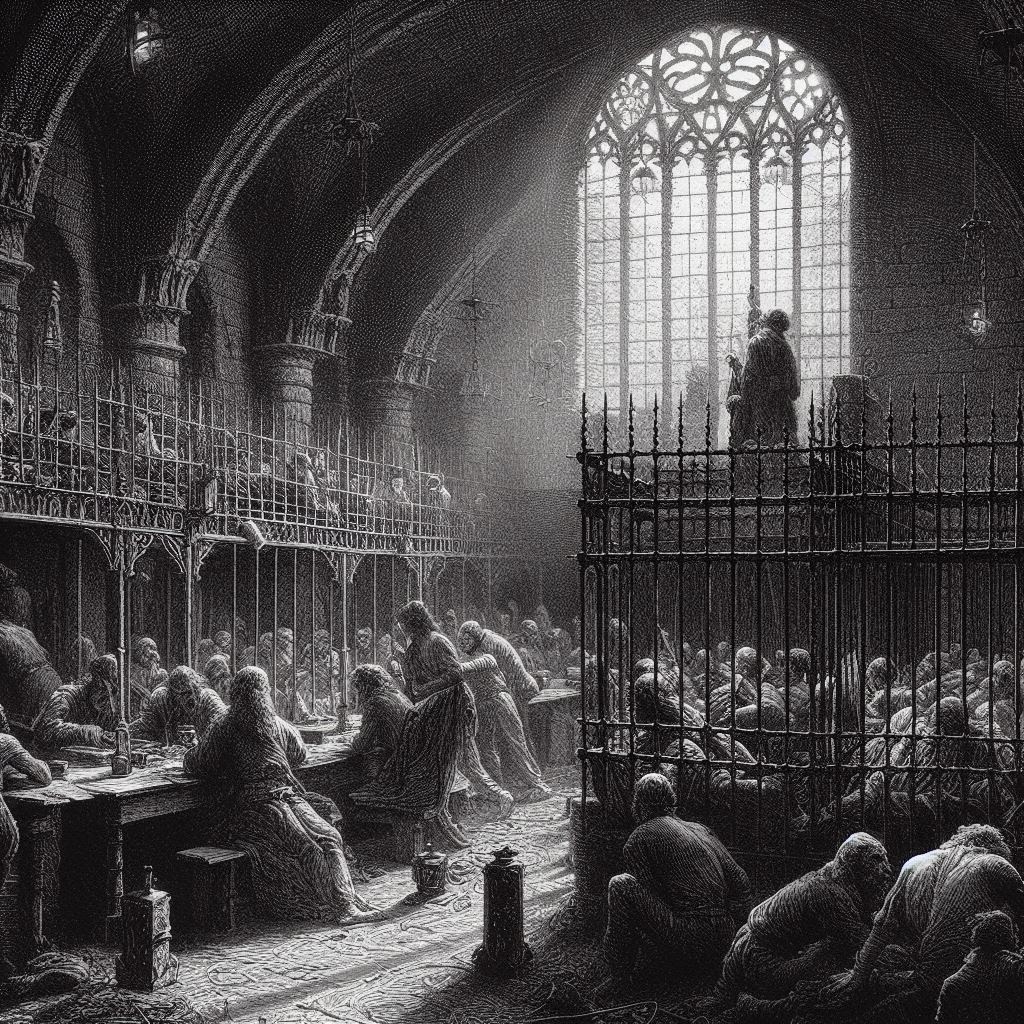For as long as Man can remember, the clans of the dogmen have descended from the Imavant to claim land for themselves. While the long struggle bred resentment towards the species, there were some canid tribes that impressed the Dukes with their skill and honor. When the rebellion broke out the old Duke, wary of a war on two fronts, brokered an alliance with these clans. In exchange for their help, they received land. Some were settled in the westernmost valleys to keep any other canids outs. Others were given fiefdoms conquered from the King's vassals.
This was not wildly popular at the time, but many Shan have gradually come to accept it. The canids have proved dependable allies and bold comrades in battle. Being carnivores, they subsist on hunting and herding. So whenever the humans are tied down with the harvest, the dogmen are still available to guard the front or run raids-- much like the wooden legions of the east. As for the Xin, they have been widely accepting of the new arrangement, being used to all manner of strange folk who cross the desert to trade with them.
Canids are still banned by law from entering Hei Chao itself, but several of the chieftains attend the Autumn Feast in Zhigen. Many canids have taken up human beliefs and practices. Some incorporate Zaldohin into the Liangyese pantheon, others identify him with the Lord of Heaven. The canids in Bao have taken to wearing silk and have even established a memorial hall to their ancestors. The emphasis on familial loyalty and piety appeals to them innately.
Canids seem to have a more intense sense of morality and loyalty than many humans do, although their exact definition of such things may differ strongly. Exactly how this plays out in the lands they hold is a matter of debate. The men of the west hold them up as exemplars of virtue, and say that the human peasants who tend their herds utter no word of complaint. The easterners rejoin that any who do speak up are likely to end up in the cooking pots of their inhuman masters. Lurid accusations aside, some critics point out that the canids are likely to multiply and require more land. They feel that a repeat of the old war seems inevitable-- this time in the heart of Liangyu itself.










